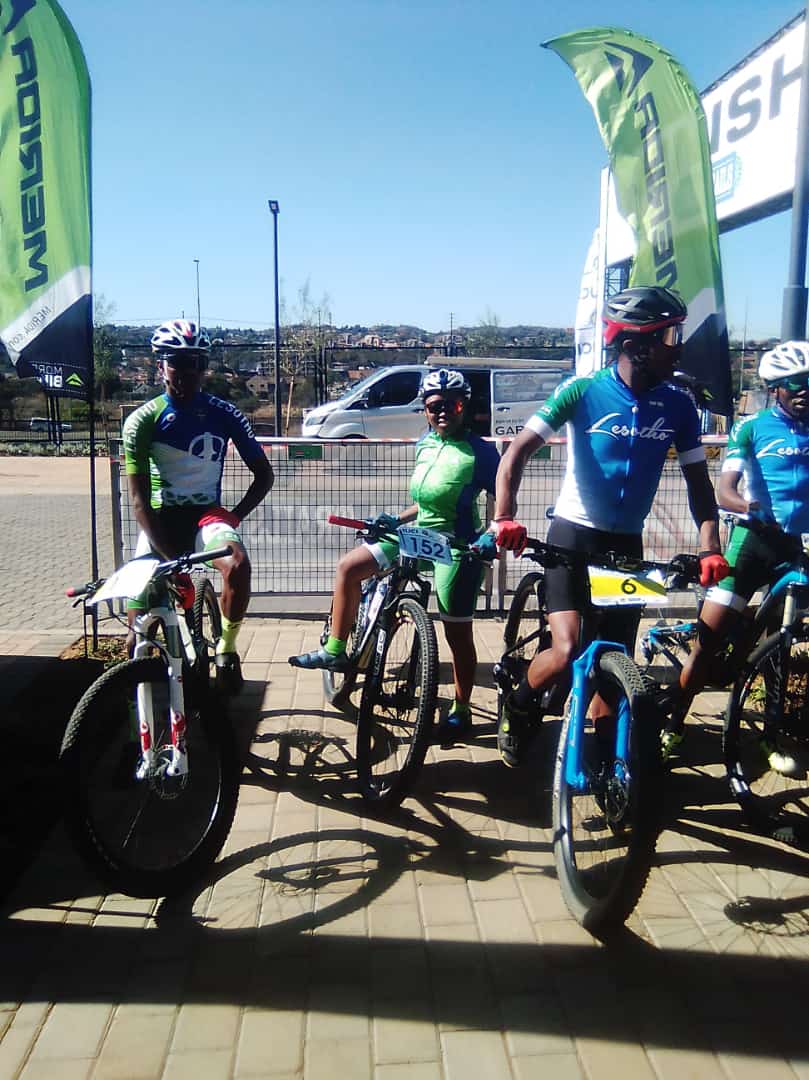Pheello Mosesi
As has become the custom over the years, this year’s edition of Roof of Africa yesterday got underway to a huge frenzy which practically brought the Maseru city traffic to a standstill.
Motorists going in and out of the city centre had to bide their time as parts of the opening day races route, namely round the houses and time trial, occupied the city’s narrow road infrastructure for many hours.
The annual off-road motorbike extravaganza has this year attracted 500 riders from 14 countries with nine of those coming from outside the African continent, according to the Public Relations Officer of Roof of Africa Ntaote Bereng.
“This is considered to be one of the best races in the world. We have the best terrain which offers one of the highest altitudes. We have participants from 14 countries with 9 of them coming from out of the continent,” Bereng said at a press conference.
Despite it being a local race, the three-day annual race has become synonymous with some of the best hard enduro international riders predominantly winning it; something that Bereng hopes will soon change.
The last and only time a local rider conquered the race dates back to 1992 when a Lesotho national by the name of Patrick Andrews won first place in the gold category, Bereng said.
“In this edition of one of the most treasured sporting events in the country, which is expected to have 500 contestants, 11 of them are our Basotho natives and we are hopeful the event will have growing numbers as the years go by.
“Winning the race is a bonus as finishing the race alone is a very difficult thing to do. Racers often fail to finish the race due to being disqualified due to meeting the time bar, tapping out in a form of retiring, fatigue while some are forced out due to mechanical failure.”
Bereng however, explained that Basotho faced the daunting challenge of high entry costs for the sport.
“This is a very costly sport which would demand one to sacrifice over M6000 just to buy the boots, let alone the entire gear, the motorbike as well as its maintenance. Other countries are advantaged by the fact that beyond having better financial backing, it is also simpler in their cultures to let their children compete in this sport as it is considered to be an extreme sport,” he added.
Summary
- The last and only time a local rider conquered the race dates back to 1992 when a Lesotho national by the name of Patrick Andrews won first place in the gold category, Bereng said.
- “In this edition of one of the most treasured sporting events in the country, which is expected to have 500 contestants, 11 of them are our Basotho natives and we are hopeful the event will have growing numbers as the years go by.
- Other countries are advantaged by the fact that beyond having better financial backing, it is also simpler in their cultures to let their children compete in this sport as it is considered to be an extreme sport,” he added.

Your Trusted Source for News and Insights in Lesotho!
At Newsday Media, we are passionate about delivering accurate, timely, and engaging news and multimedia content to our diverse audience. Founded with the vision of revolutionizing the media landscape in Lesotho, we have grown into a leading hybrid media company that blends traditional journalism with innovative digital platforms.








